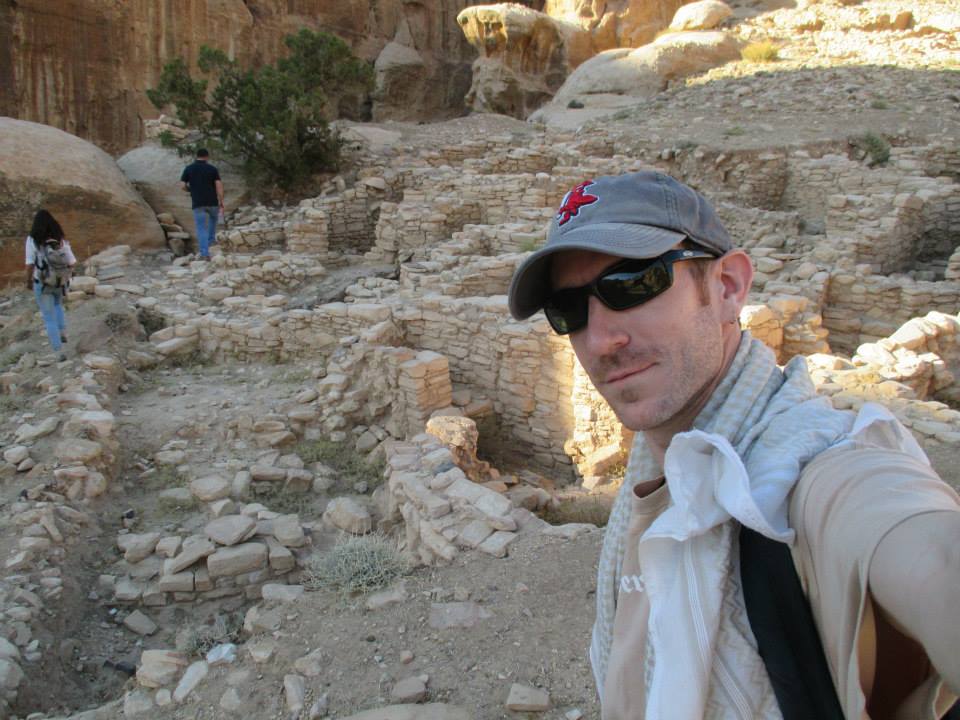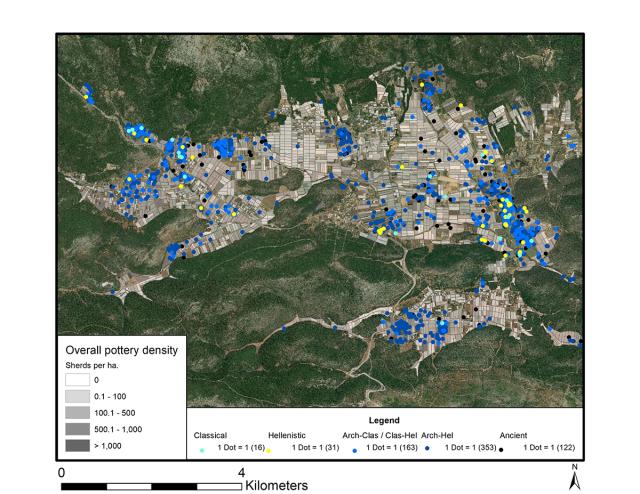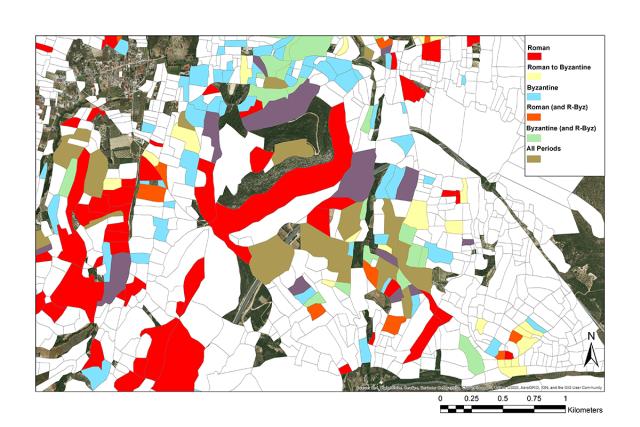Pressly Forum: Chris Cloke, "Terra Incognita: Modeling Uncertainty in the Archaeological Landscape"

Pressly Forum: Chris Cloke, "Terra Incognita: Modeling Uncertainty in the Archaeological Landscape"
Please join us for a special Pressly Forum when the Collaboratory's own Chris Cloke will share with the Department community a bit about his work, particularly thinking about and visualizing the uncertainty often attending cultural heritage work (especially time).
As Chris writes:
While relational databases and Geographic Information Systems (GIS), used with a variety of other digital tools, lend an impression of precision and certitude to the quantification and mapping of archaeological finds, more often than not a large proportion of artifacts recovered during archaeological survey cannot be dated very precisely. Indeed, datasets built on archaeological survey material - which are a critical tool for understanding life in the ancient countryside - contain a mix of closely and broadly dated artifacts. An approach known as aoristic analysis, dealing with past events of uncertain duration or completion, helps to contextualize such variety temporally and spatially. This presentation will discuss several ways in which embracing the chronological uncertainty of archaeological material can contribute to a better understanding of the material record itself, as well as a more nuanced impression of the temporality of past human behaviors.
The Pressly Forum offers members of Department faculty and selected speakers to give a talk to members of the Department (faculty, staff, students) in an effort to create bonds of intellectual and collegial community. The forum is the brainchild of Professor Emeritus William L. Pressly, after whom the forum now is named. A light lunch will be served at 11:30.



